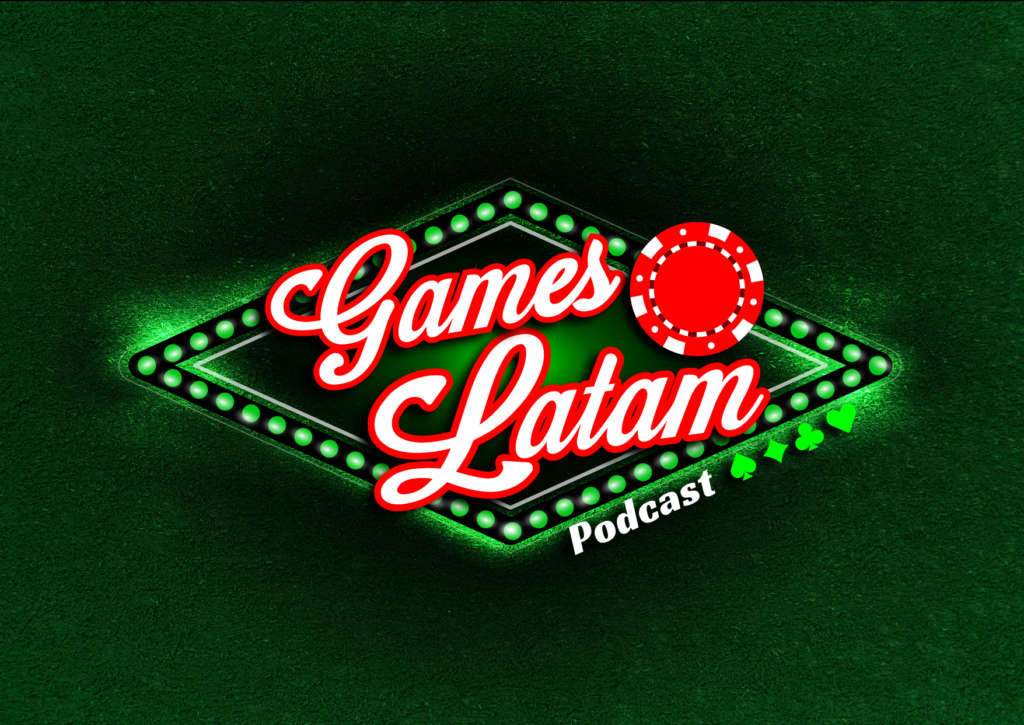Italy’s proposed gambling reforms have been temporarily delayed as the European Commission (EC) extends the standstill period to consider concerns raised by Malta’s Gaming Authority (MGA). The delay, which will push the decision to at least November 18, reflects the need for a thorough review of Italy’s proposed requirements, which Malta argues could create “unnecessary barriers” for B2B gambling operators. This regulatory pause has broad implications for Italy’s online gambling framework, affecting licence fees, compliance measures, and market entry for international operators.
Italy’s Gambling Reform Delayed Amid Malta’s Concerns on B2B Barriers
The European Commission (EC) has extended the standstill period on Italy’s proposed gambling reforms to address concerns from the Malta Gaming Authority (MGA). Initially open for consultation in August, the reform proposal has drawn scrutiny for its strict compliance and technical requirements, which the MGA contends would impose “unnecessary barriers” for B2B providers. This delay reflects a need for greater clarity on how Italy’s rules align with EU principles of freedom of establishment and the provision of services across member states.
Key Points:
- European Commission extends Italy’s reform standstill period to consider Malta’s objections regarding B2B compliance.
- Proposed reforms introduce a €7 million licence fee and a 3% GGR fee, significantly increasing entry costs.
- Italy’s ADM will require IT infrastructure to be based in the European Economic Area (EEA) to meet data protection and self-exclusion standards.
The Italian government’s proposal sets a new framework for online gambling, including tendering for nine-year licences at a much higher fee of €7 million compared to the previous €200,000 charged under the 2018 framework. Additionally, the regime proposes a 3% tax on gross gaming revenue (GGR). This new system, overseen by Italy’s Customs and Monopolies Agency (ADM), aims to tighten control and bolster revenue from an increasingly competitive iGaming market, now dominated by multinational operators.
Malta’s Concerns: Potential Barriers for B2B Operators
Malta’s MGA has highlighted the potential impact of these reforms on B2B operators, particularly around duplicative technical and compliance requirements. It argues that B2B operators who already hold licences in other EU jurisdictions should not have to undergo repeated checks in Italy, as mutual recognition agreements could simplify the process. The MGA emphasized that such barriers may conflict with EU market freedoms by creating obstacles for B2B providers wishing to expand their services in Italy.
The MGA’s stance is that “Member States should recognize that B2B operators may already hold licences in other Member States and may be subject to myriad requirements and checks, which could easily be mutually recognized if a cooperation framework is set up for this purpose.” In response, Italy’s Treasury will prepare a justification, likely emphasizing the need for robust controls in an evolving market where major multinational operators are increasingly prevalent.
Key Provisions in Italy’s Proposed Gambling Framework
The proposed framework, once approved, will be incorporated into Italy’s Decree on the Reorganisation of Gambling, a comprehensive legislative document that also addresses land-based gaming reforms. Under the new system, operators must:
- Base IT Infrastructure in the EEA: This includes cloud solutions that comply with EU data protection laws and secure communication protocols with Sogei, the state IT provider.
- Adhere to Self-Exclusion Regulations: All licensed operators must comply with Italy’s self-exclusion rules to enhance player protection.
- Ban on Affiliate Websites (Skins): Affiliate websites will be restricted; however, separate apps will be allowed for different verticals such as betting, casino games, poker, and bingo.
Italy’s Ministry of Finance has defended the increased licence fees and tax rate as appropriate for a market that has evolved since the last reform in 2018, citing the dominance of large, multinational companies in the Italian market as justification for the higher costs. The government expects around 50 operators to apply for licences under the new system.
Extension of Current Licences
With this latest delay, Italy’s existing gambling licences will be extended through the end of 2024, ensuring market stability while the new framework is finalized. This extension is also necessary to accommodate the additional time required for the EC’s review and potential revisions that may arise from Malta’s objections.
The extended standstill period on Italy’s gambling reforms highlights the balancing act between regulatory control and market accessibility within the European Union. With Malta raising critical concerns about potential barriers for B2B providers, the final version of Italy’s framework may require adjustments to comply with EU market principles. As the November deadline approaches, operators and stakeholders await the outcome, which could significantly impact Italy’s gambling market dynamics, cost structures, and compliance requirements.
The post Italy’s Gambling Reform Faces Delay appeared first on Gamingo News.
Italy’s proposed gambling reforms have been temporarily delayed as the European Commission (EC) extends the standstill period to consider concerns raised by Malta’s Gaming Authority (MGA). The delay, which will push the decision to at least November 18, reflects the need for a thorough review of Italy’s proposed requirements, which Malta argues could create “unnecessary
The post Italy’s Gambling Reform Faces Delay appeared first on Gamingo News.
Participe da IGI Expo 2026: https://igi-expo.com/










